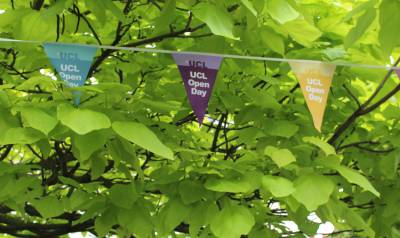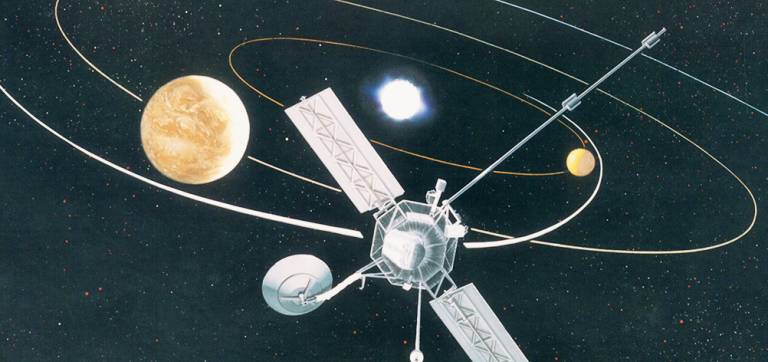MAPS 2011 Faculty Postgraduate Prize Winners
31 January 2012
Many congratulations to David Kipping, winner of the 2011 Faculty Postgraduate Research Prize, and to Marian Breuer, winner of the 2011 Faculty Postgraduate Taught Prize.
Postgraduate Research Prize
The 2011 Postgraduate
Research Prize was awarded to David Kipping for the exceptional quality
and originality of his PhD thesis and his single-author publication record.
 Prof. Tania Monteiro noted that: "David
Kipping's thesis work is remarkable in that in it he started, virtually
single-handedly, a new field of study: the search for exo-moons - that is, the
moons of planets going around the distant stars. His work, principally
published in fourteen well-cited first-author papers in the first-rank
peer-reviewed literature (seven of these sole-author), now forms the foundation
of the search for exo-objects with space facilities such as the NASA Kepler
probe" . "David's work is significant because it has been at the vanguard of the development of the statistical theory of transit observations. His promotion of the idea that exo-moons may be one of the most important areas to look for habitable worlds has brought him to the attention of a wider international community". David is now a Carl Sagan Fellow at Harvard University where he is researching extrasolar planets and moons. Looking back at his time at UCL, David noted: "This is a real honour, especially given the exceptionally high standards of research active across the MAPS faculty. It was a joy to be a researcher at UCL and although I am now in Cambridge, USA, I try to keep strong ties active with my UCL colleagues". Postgraduate Taught Prize |
 The 2011 Faculty Postgraduate Taught Prize was awarded to Marian Breuer for his outstanding achievements on the MRes in Molecular Modelling and Materials Sciences course. Marian achieved an exceptional set of marks, including 90% for his project work. Dr Jochen Blumberger noted that: "Marian has made great progress in the theoretical characterization of the thermodynamics of electron flow in a bacterial deca-heme protein using high performance computing. On the basis of his first year work, we have written up a manuscript that will be submitted to one of the leading Chemistry journals in due course. This is evidence for the high quality of the data Marian produced - a great achievement for an MRes student". Marian noted that: "We still have a long way to go. We now have an idea of the free energy landscape for electron transfer through our protein, but our understanding of how electron transfer through MtrF works is far from complete". |
 Close
Close




